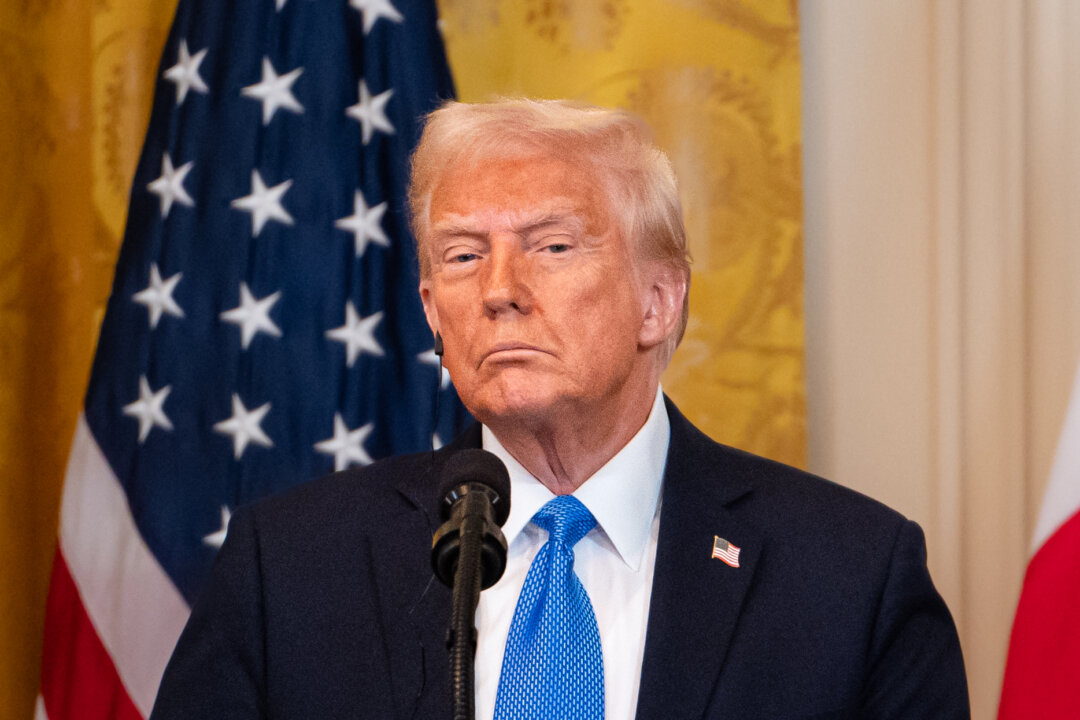Former President Donald Trump has sparked controversy by suggesting that Canada should become the 51st state of the United States, citing a $200 billion annual loss. Canadian leaders, including Prime Minister Justin Trudeau, have strongly rejected the idea.
Trump Says Talk of Annexing Canada Is Serious

Key Takeaways:
- Trump Proposes Annexing Canada: He suggests that Canada would be better off as the 51st U.S. state.
- Claims of $200 Billion Annual Loss: Trump asserts the U.S. loses $200 billion a year to Canada.
- Rejection from Canadian Officials: Prime Minister Trudeau and other leaders dismiss the idea outright.
- Trump’s View on U.S. Subsidizing Canada: He believes the U.S. subsidizes Canada’s economy by allowing access to American markets.
- Questions Canada’s Viability Without U.S.: Trump claims Canada isn’t viable without U.S. trade.
Trump Proposes Canada as the 51st State
Former President Donald Trump has ignited controversy by suggesting that the United States should annex Canada, effectively making it the nation’s 51st state. In a recent interview, Trump expressed his belief that the U.S. faces significant economic drawbacks in its relationship with its northern neighbor.
A $200 Billion Annual Loss
“I think Canada would be much better off being the 51st state because we lose $200 billion a year with Canada,” Trump stated. He questioned the financial dynamics, asking, “Why are we paying $200 billion a year, essentially a subsidy to Canada?” Trump highlighted this figure to emphasize what he perceives as an economic imbalance detrimental to the United States.
Firm Rejection from Canadian Officials
Canadian leaders responded swiftly and decisively to Trump’s remarks. Prime Minister Justin Trudeau firmly declared, “There isn’t a snowball’s chance in hell that Canada would become part of the United States.” This sentiment was echoed by Conservative Leader Pierre Poilievre, who also dismissed the possibility of annexation outright. Their unified stance reflects Canada’s commitment to maintaining its sovereignty.
Trump’s Economic Arguments
Trump elaborated on his claims by asserting that the United States effectively subsidizes Canada by allowing it to manufacture vehicles and other goods sold within the U.S. market. “If we stop allowing them,” he suggested, referring to potential tariffs and trade barriers, “they’re not viable as a country.” He argued that without access to American markets, Canada’s economy would struggle to sustain itself.
Despite his critical remarks, Trump expressed affection for Canada, stating, “I love the people of Canada, we have a great relationship; but, if they became our 51st state, it would be the greatest thing they could ever do; it would be unbelievable. It would be a cherished state.” He urged consideration of a unified nation without “that artificial line” separating the two countries.
Implications for U.S.-Canada Relations
Trump’s provocative proposal has stirred discussions about the future of U.S.-Canada relations. His comments raise questions about trade policies, economic dependencies, and the longstanding partnership between the two nations. While the idea of annexation has been met with unequivocal rejection from Canadian officials, the dialogue underscores ongoing debates regarding economic cooperation and competitiveness in North America.
Conclusion
As former President Trump’s remarks circulate, they highlight differing perspectives on the economic ties between the United States and Canada. The strong responses from Canadian leaders reaffirm the nation’s sovereignty and the importance of mutual respect in international relations. The discourse serves as a reminder of the complexities inherent in cross-border partnerships and the need for continued dialogue.











